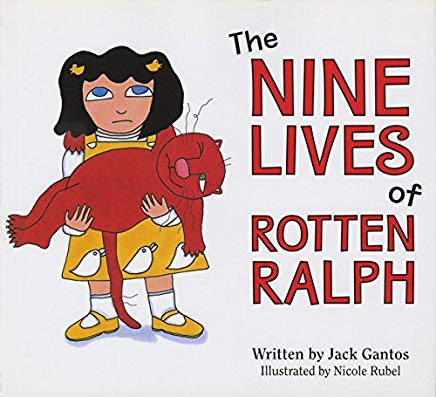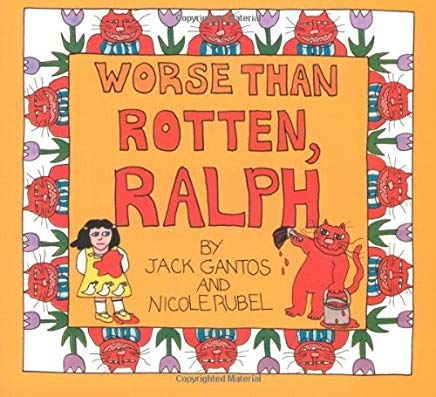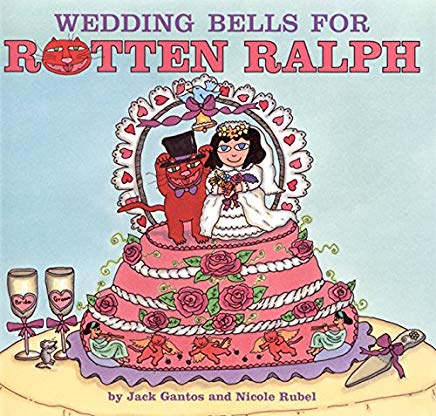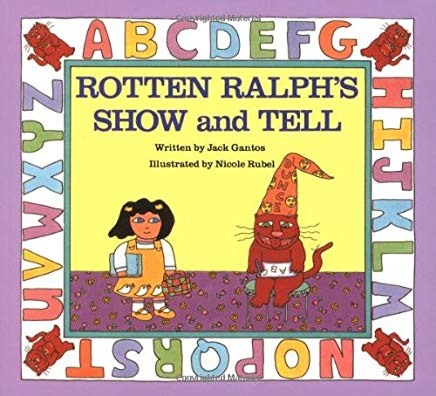The Blog
Blog Entry
Forever Rotten
Sometimes a book is so plainly the product of fevered inspiration and epic accomplishment that I am willing to drag an entire roomful of disinterested strangers through an argument over its merits. More often, however, what we like, or love, or remember fondly about a book is as likely a consequence of the hundreds of circumstances that surrounded its discovery. Considering also the practical impediments to honest and professional criticism (the responsibility to an audience, an author and their guessed-at motivations can often sound like the result of a coin-toss), it’s enough to make you wonder if the whole business of measuring books by their inherent quality isn’t entirely a matter of their discovery – of something that you, or I, or maybe just all of us haven’t seen ventured before.
Originals then, still what seems like it’s original today probably needed to rise to a very different threshold when we were younger, or more impressionable, more desperate, or maybe we were attempting to entertain a high-spirited (trouble-making) three-year-old, maybe it was raining, and maybe we were that day feeling a little melancholy, or snappish, or hung over, or otherwise vaguely pessimistic about the hellish immutable sameness of our cultural, professional and educational institutions. Or, I don’t know.
I’m not prepared to go to the mat for Rotten Ralph’s greatness, and not equipped to argue over the edifying benefits of his serialized hijinks. All the same, I will confess to feeling whatever combination of nostalgia and expectation and sadness gave my heart a little jolt when I happened upon what was ostensibly the last of Ralph’s updatings – The Nine Lives of Rotten Ralph – a couple of months ago in the bookstore. Most of his adventures – going back to 1994 – exist in paperback these days, and you’ll find a bunch of them around, so Jack Gantos obviously did okay before folding up that tent and moving on (hopefully not to adulthood), and I remain grateful. Because to me, and to my son, and to many other readers probably, Ralph was a revelation when we found the original, and also gave us many others – Ralph at Christmas, at weddings, at Valentine’s – to hunt down and look forward to.
I could say this was related to the particular personality of my younger son. Ralph had been around during his brother’s early years, but I don’t recall ever needing – or delighting in – Ralph as a role model, or an apology. In fact I think Ralph is sufficiently obnoxious and narcissistic where kids aren’t likely to fashion themselves after him, then take pride in all of their outageous behavior. Rather, it probably doesn’t hurt to witness truly rotten behavior you’re not actually guilty of, especially if you’re the kind of kid who is accustomed to hearing the word No with percussive regularity.
Oh, and he’s also hilarious, I was pleased to rediscover (this having made the case to roomfuls of incredulous strangers over the years). Much of Nine Lives reads like out-takes from all of Ralph’s previous shenanigans – running wild in a poodle parlor, carried away by angry red ants, in the self-control room at Mr. Fred’s obedience school – all nine lives dwindling momentously to one, in which Ralph becomes resigned to getting pushed around in a baby buggy, and gulping Vital Vitamins. Of course this speaks to children who are always being strapped into things, and fussed about, and made to eat healthy, but it’s also potentially compelling to those of us who are at least a little anxious about our own obsolescence.
Goodbye Rotten Ralph. I’m not going to say how he ends, but a pretty significant turn involves Ralph grabbing onto electric eels which “shock him back to life.” It’s an epic way to seize the day. Inspired. Okay: great.




